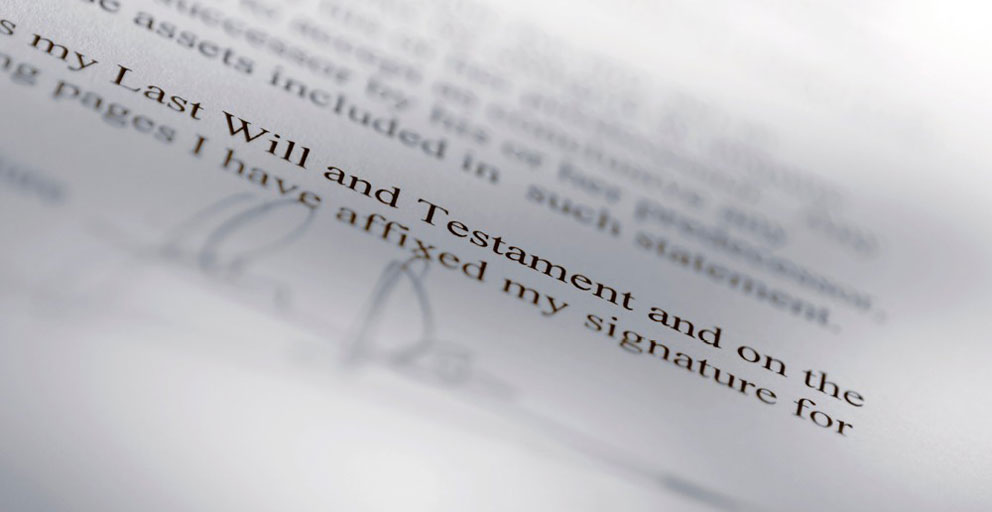By Jacqui Thomas, Director at Sun Wills & Estates
Coping with the loss of a loved one is never easy, and navigating the legal matters that follow can be confusing. When someone dies without a Will, it can create additional challenges and complexity for their family.
If you die without a Will, you’ve died “intestate”. Instead of your estate being gifted under the terms of a Will, it’s distributed under the “rules of intestacy”. The rules of intestacy are a formula for gifting your assets. Think of it as the backup plan our government puts in place for you if you don’t have a Will.
The rules of intestacy are one-size-fits-all. No matter the needs of your family or what assets you own, if you don’t have a Will your assets and property are gifted under this formula. There is no flexibility or optional strategies under the rules of intestacy.
What does this look like for your family?
If you pass away with a spouse and no children, then your spouse receives your entire estate. If you pass away with a spouse and children, then your spouse and children share your estate. How much each person receives depends on the value of your estate and how many spouses and children you have.
If you pass away without a spouse and children then there’s a set order of next of kin who may receive your estate. The list starts at parents, then moves to siblings, nieces and nephews, and onto a wider network of family members. If you do not have any surviving next of kin from that list, your estate passes to the government.
The rules of intestacy only govern how property is distributed when a person dies without a Will. The rules of intestacy do not appoint guardians for minor children, protections for children or at risk loved ones, or any strategies for income streaming or asset protection.
It can get complicated
There are legal definitions for who is classified as your “spouse”, “children”, and other next of kin under the rules of intestacy. These legal definitions may not align with who you consider to be your family. The rules of intestacy may not include your close loved ones or distribute your estate to who you want to receive your property and assets.
For example, Jenny married Dave 10 years ago. They separated 5 years ago. Jenny and Mark have been in a defacto relationship for 3 years. On Jenny’s death both Dave (husband) and Mark (defacto) are entitled to share Jenny’s estate under the rules of intestacy.
Connor does not have a spouse or any children. Connor doesn’t get along with his parents. He doesn’t see them or have any contact with them. Connor has “found his tribe” and has a close network of friends that he loves as if they were his family. On Connor’s death his estate is shared by his parents under the rules of intestacy. Connor’s close friends do not receive any of Connor’s property or belongings.
How to avoid the rules of intestacy
You can avoid the restrictive formula and red-tape of the rules of intestacy by having a Will.
Your Will is a formal legal document that records who receives your assets, how they receive them and when after your death. But a Will can do so much more than that too...
- nominate important control positions, like the person managing your estate and who will look after your kids;
- strategic planning for your loved ones’ financial future;
- transfer business interests (depending on how your business is structured); and
- directions for your burial/cremation and funeral wishes.
See an estate planning lawyer to deep dive on your goals for your estate plan, your loved ones and their needs, your financial situation, and what needs to be dealt with in your plan. An estate planning lawyer can create an estate plan to meet your particular needs and goals. Put yourself in the control seat by getting your Will and estate plan in place.
